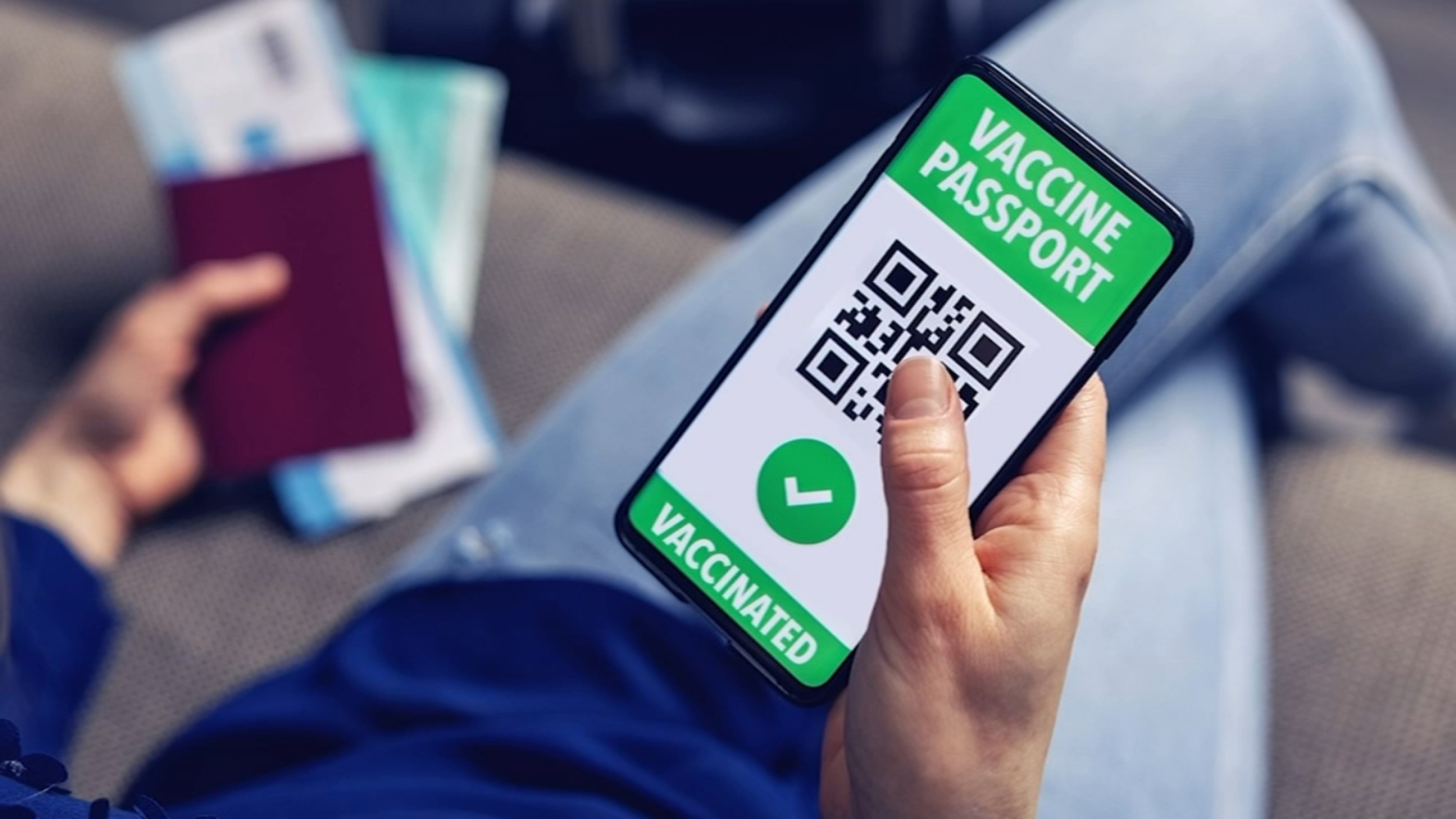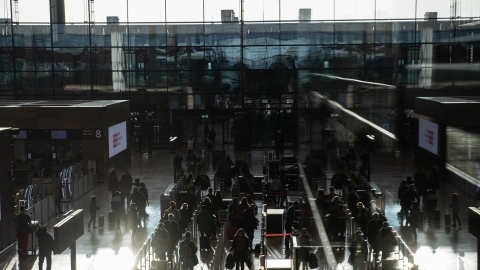The concept of a “vaccine passport”
A vaccine passport is understood as a medical certificate proving that an individual has received two doses of the Covid-19 vaccine or is immune to Covid-19, thereby allowing free travel to stimulate the tourism industry in the context of a pandemic that is not yet fully under control.
Vaccine passports can be issued as QR codes stored on a mobile app or e-wallet.
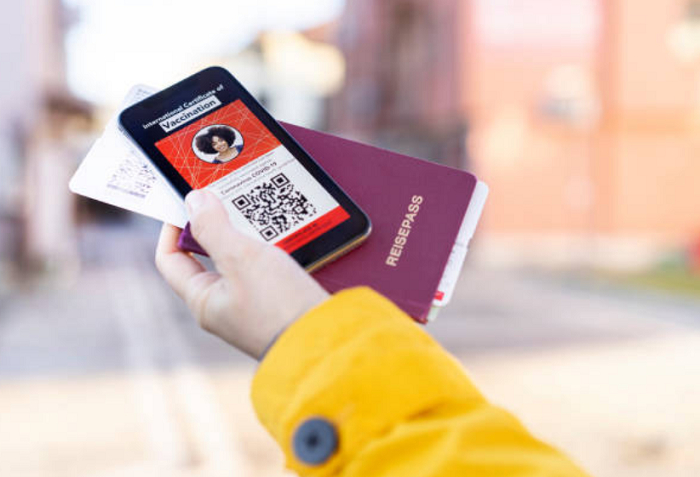
How is the vaccine passport system implemented?
In response to the urgent need to resume global trade and travel, several countries and organizations have been experimenting with digitalized Covid-19 safety certification tools under different names.
The International Air Transport Association (IATA) has developed a digital travel pass tool calledDigital Travel PassThis card manages the owner's travel schedule and proves to authorities and airlines that they have been vaccinated against Covid-19.
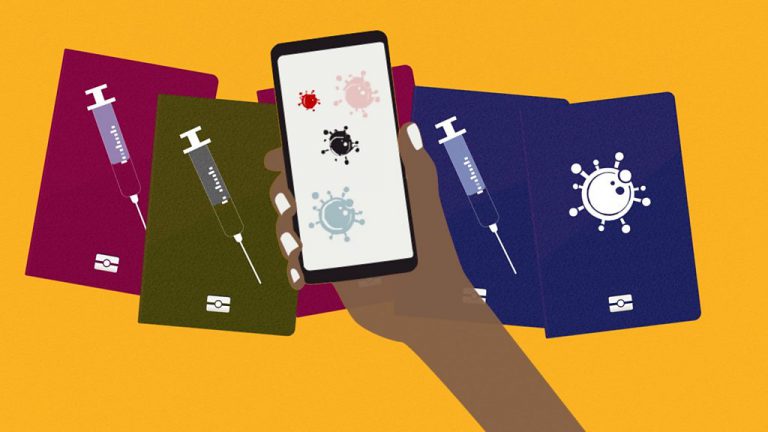
In Europe, the European Commission (EC) has planned to issue a type of card called...Digital Green Pass(The e-Green Card) certifies that an individual has been vaccinated – providing test results if unvaccinated and also recovery information if previously infected with Covid-19, with the aim of gradually allowing people to travel safely within the EU or abroad for work or tourism purposes.
Meanwhile,Common PassThis is a common access card currently being piloted by the WEF (World Economic Forum) and the Common Project, a Swiss non-profit organization. The QR code in the app helps provide information about testing and vaccines to authorities when needed.
The international computer corporation IBM has introduced...Digital Health PassThe (Digital Health Pass) is being implemented as an integrated solution for multiple data points including body temperature checks, virus exposure alerts, test results, and vaccination status. IBM says this card will make it easier for people to travel to schools, workplaces, stadiums, and on flights…
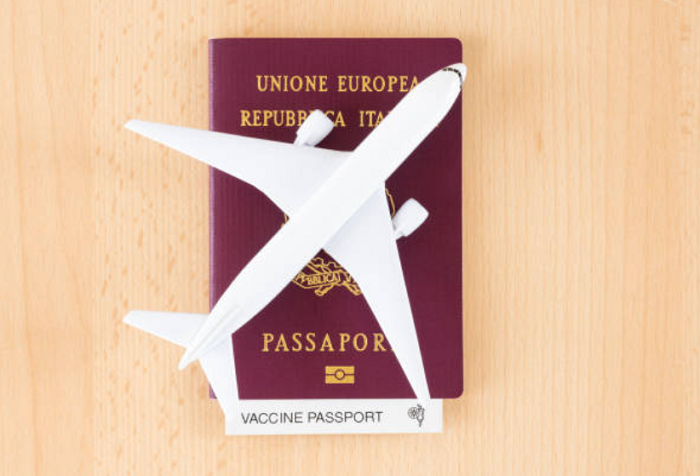
According to the UNWTO (World Tourism Organization), the adoption of COVID-19 vaccination certificates is a crucial step in helping the world respond to the pandemic and promote the safe restart of international tourism. The UNWTO also calls for the digitalization and standardization of health certificates to gain wider international recognition.
Throughout human history, presenting documentation proving vaccination to participate in certain activities or enter a country is not unprecedented. For decades, some countries have required entrants to present a "yellow card" proving they have been vaccinated against cholera, rubella, and yellow fever.
Challenges for "vaccine passports"
There is still much debate around the world surrounding the application of "vaccine passports." The World Health Organization (WHO) is urging countries to be cautious about considering vaccination as a condition for international travel, as the effectiveness of vaccines in preventing disease is still unclear, and the global supply of vaccines remains limited.
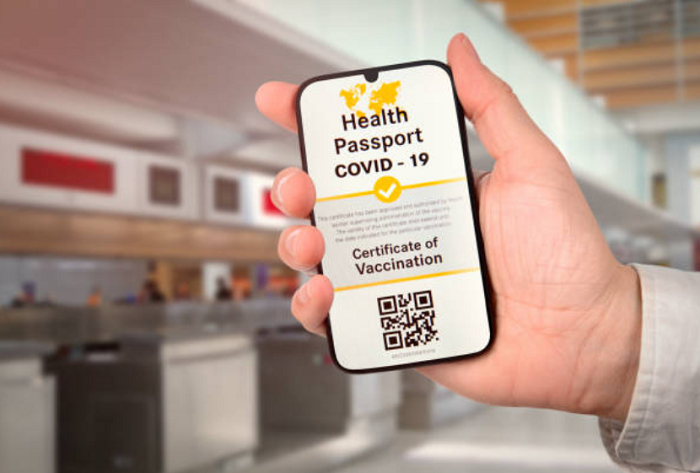
Previously, it took at least 4-5 years to develop a vaccine, while the new COVID-19 vaccine has only been under research and received emergency authorization for less than a year. Therefore, several issues exist, such as: different vaccines offer different levels of protection; some vaccines only reduce symptoms and the severity of the disease – it's unclear how effectively they reduce transmissibility; and it's uncertain how long antibodies will remain in the body…
Furthermore, the SARS-CoV-2 virus is constantly mutating, so vaccines may be ineffective or only minimally effective against new variants. The possibility of "fake vaccine passports" cannot be ruled out either. Therefore, implementing a "vaccine passport" system remains a challenge for countries.
In fact, for a "vaccine passport" to become a valid travel document, a standardized platform for the whole world is needed. Currently, the WHO is collaborating with the International Civil Aviation Organization and the International Air Transport Association to develop common standards for vaccine passports.
"VACCINE PASSPORT" IN VIETNAM
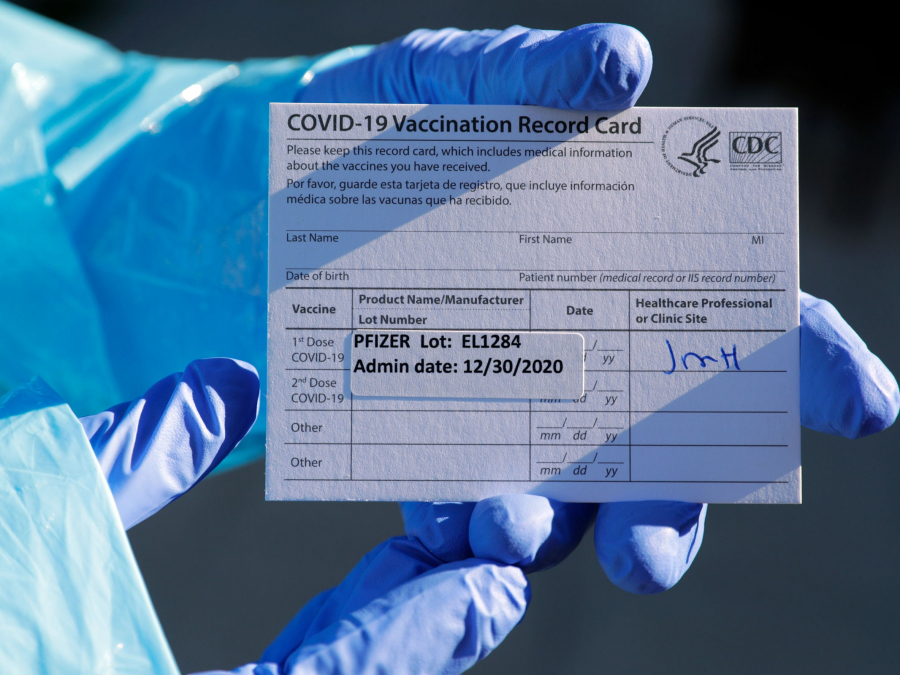
Recently, among those entering Vietnam, some have possessed "vaccine passports." However, as of now, Vietnam has not changed its disease prevention and control measures, so those entering with vaccination certificates are still required to quarantine for the prescribed period.
Currently, only Phu Quoc (Kien Giang province) is piloting the "Vaccine Passport" program. Accordingly, the Provincial People's Committee has proposed allowing Kien Giang to pilot welcoming Russian tourists who have been vaccinated against Covid-19 to Phu Quoc for a "closed-loop quarantine tourism" model, via chartered flights, staying in one location, and limiting movement. Afterward, the province will evaluate and allow expansion to welcome tourists from other countries that have completed Covid-19 vaccination.
Quang Ninh also opens its doors to vaccinated tourists; however, the province will pilot a 7-day centralized quarantine for those entering the country and will study gradually reducing the quarantine period in the future.

 VI
VI EN
EN




